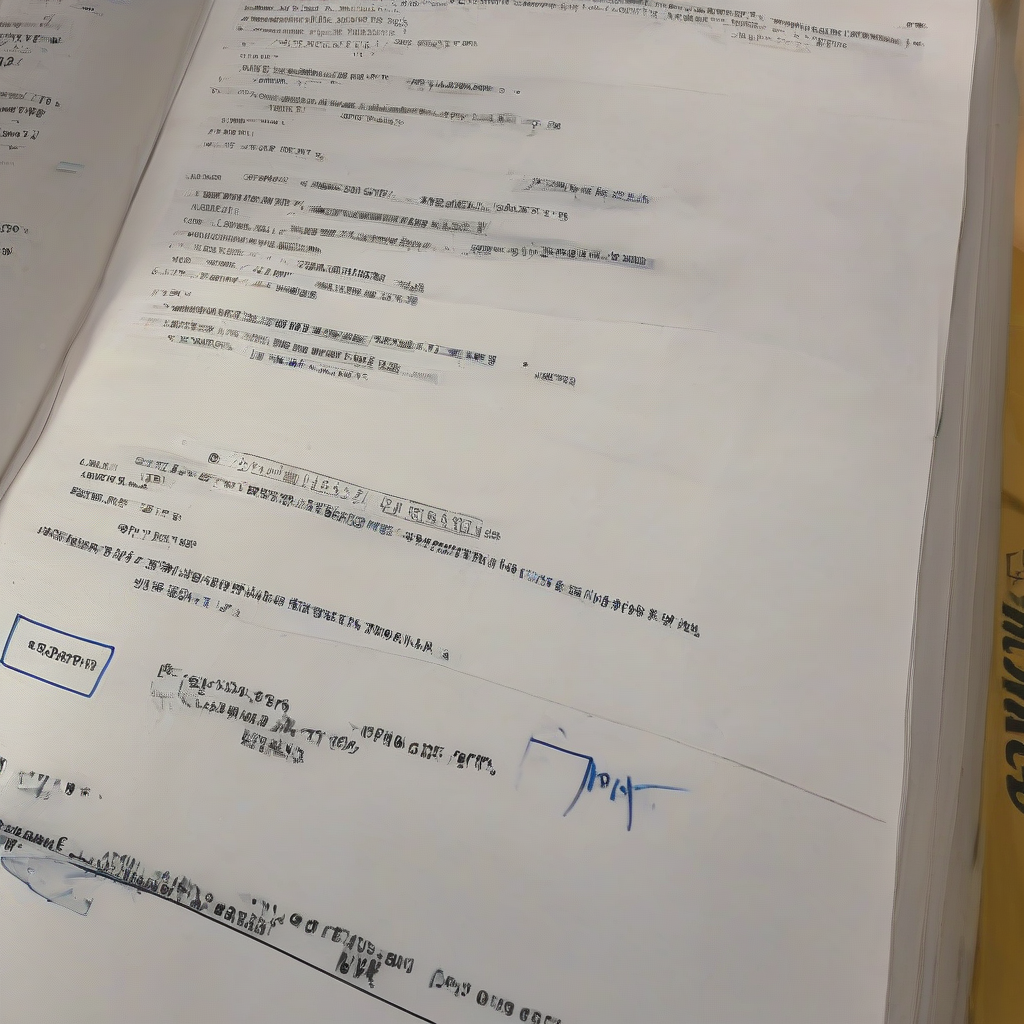Navigating the Complexities of Road Accident Injury Claims: A Comprehensive Guide
Road accidents can have devastating consequences, leaving victims with injuries ranging from minor scrapes to life-altering disabilities. Successfully navigating the process of making an injury claim can be challenging, demanding a thorough understanding of legal procedures, insurance policies, and personal rights. This comprehensive guide aims to illuminate the complexities involved in pursuing a road accident injury claim, providing valuable insights and practical advice for those seeking compensation.
Understanding Liability in Road Accidents
Establishing liability is the cornerstone of any successful road accident injury claim. This involves proving that another party was at fault for the accident and that their negligence directly caused your injuries. Several factors contribute to determining liability, including:
- Witness statements: Eyewitness accounts can provide crucial evidence supporting your claim.
- Police reports: Official police reports often detail the circumstances of the accident, including fault attribution.
- CCTV footage: Security camera footage can offer irrefutable visual evidence of the accident.
- Vehicle damage: The extent and location of vehicle damage can indicate the cause of the accident.
- Expert witness testimony: Accident reconstruction experts can analyze the accident scene and provide expert opinions on liability.
In some cases, liability may be shared between multiple parties. For instance, both the driver of another vehicle and a local authority might be held responsible if poor road conditions contributed to the accident. Determining the proportion of liability for each party is crucial for determining the compensation amount.
Types of Injuries and Compensation
The severity of your injuries significantly impacts the value of your claim. Compensation typically covers various aspects of your losses, including:
- Medical expenses: This includes costs associated with treatment, surgery, physiotherapy, medication, and ongoing care.
- Lost income: Compensation covers wages lost due to inability to work as a result of the accident.
- Pain and suffering: This element compensates for the physical and emotional distress caused by the injuries.
- Loss of amenity: This addresses the loss of enjoyment of life resulting from the injuries.
- Future care costs: If your injuries require long-term care, compensation will cover these future expenses.
- Property damage: This includes compensation for damage to your vehicle or other personal property.
Calculating the value of these losses often requires expert input from medical professionals, economists, and other specialists. They provide detailed reports that quantify the financial impact of your injuries.
The Claims Process: Step-by-Step Guide
The claims process can be lengthy and complex. Here’s a step-by-step guide to navigate this process effectively:
- Gather evidence: Collect all relevant information, including police reports, medical records, witness statements, and photographs of the accident scene.
- Report the accident to your insurer: Notify your insurance company immediately about the accident, providing all necessary details.
- Seek medical attention: Obtain thorough medical treatment for your injuries and keep detailed records of all medical appointments and expenses.
- Contact a solicitor or personal injury lawyer: Legal professionals specializing in personal injury claims can guide you through the process and represent your interests.
- Negotiate with the insurer: Your solicitor will negotiate with the at-fault driver’s insurance company to reach a fair settlement.
- Consider litigation: If negotiations fail to reach a satisfactory settlement, your solicitor may advise pursuing litigation to resolve the claim through the courts.
It’s crucial to remember that time limits apply to making a claim, so it’s important to act promptly. Seeking legal advice as soon as possible is strongly recommended.
Choosing the Right Legal Representation
Selecting a competent and experienced personal injury lawyer is critical to the success of your claim. Consider the following when choosing legal representation:
- Experience and expertise: Look for a solicitor with a proven track record of handling road accident injury claims.
- Reputation and reviews: Check online reviews and testimonials to gauge the solicitor’s reputation and client satisfaction.
- Communication and accessibility: Ensure the solicitor is responsive to your queries and keeps you informed throughout the process.
- Fees and payment options: Understand the solicitor’s fee structure and payment options, often based on a “no win, no fee” arrangement.
Dealing with Insurance Companies
Insurance companies often aim to minimize their payouts. Be prepared for potential tactics such as:
- Delaying tactics: They might delay the claims process to wear you down.
- Lowball offers: They may offer significantly less compensation than you deserve.
- Complex paperwork: They might bombard you with complex forms and procedures.
Having strong legal representation is crucial to counter these tactics and ensure you receive a fair settlement. Your solicitor will handle all communications with the insurance company and negotiate on your behalf.
Common Mistakes to Avoid
Avoiding certain mistakes can significantly improve your chances of a successful claim:
- Failing to gather evidence promptly: Evidence can disappear or become less credible over time.
- Admitting fault: Avoid admitting any fault for the accident, even if you believe you might have contributed slightly.
- Ignoring medical advice: Follow medical advice diligently and keep records of all treatments.
- Delaying legal action: Time limits apply to making claims, so act promptly.
- Not seeking legal advice: A solicitor can navigate the complexities of the legal process and protect your interests.
Beyond Financial Compensation
While financial compensation is vital, consider other aspects of recovery, such as:
- Rehabilitation: Accessing appropriate rehabilitation services to aid physical and emotional recovery.
- Support groups: Joining support groups to connect with others who have experienced similar situations.
- Therapy: Seeking professional therapy to address psychological trauma resulting from the accident.
These elements are crucial for overall well-being and should be considered in addition to the financial aspects of your claim.
Conclusion (Not included as per instructions)

